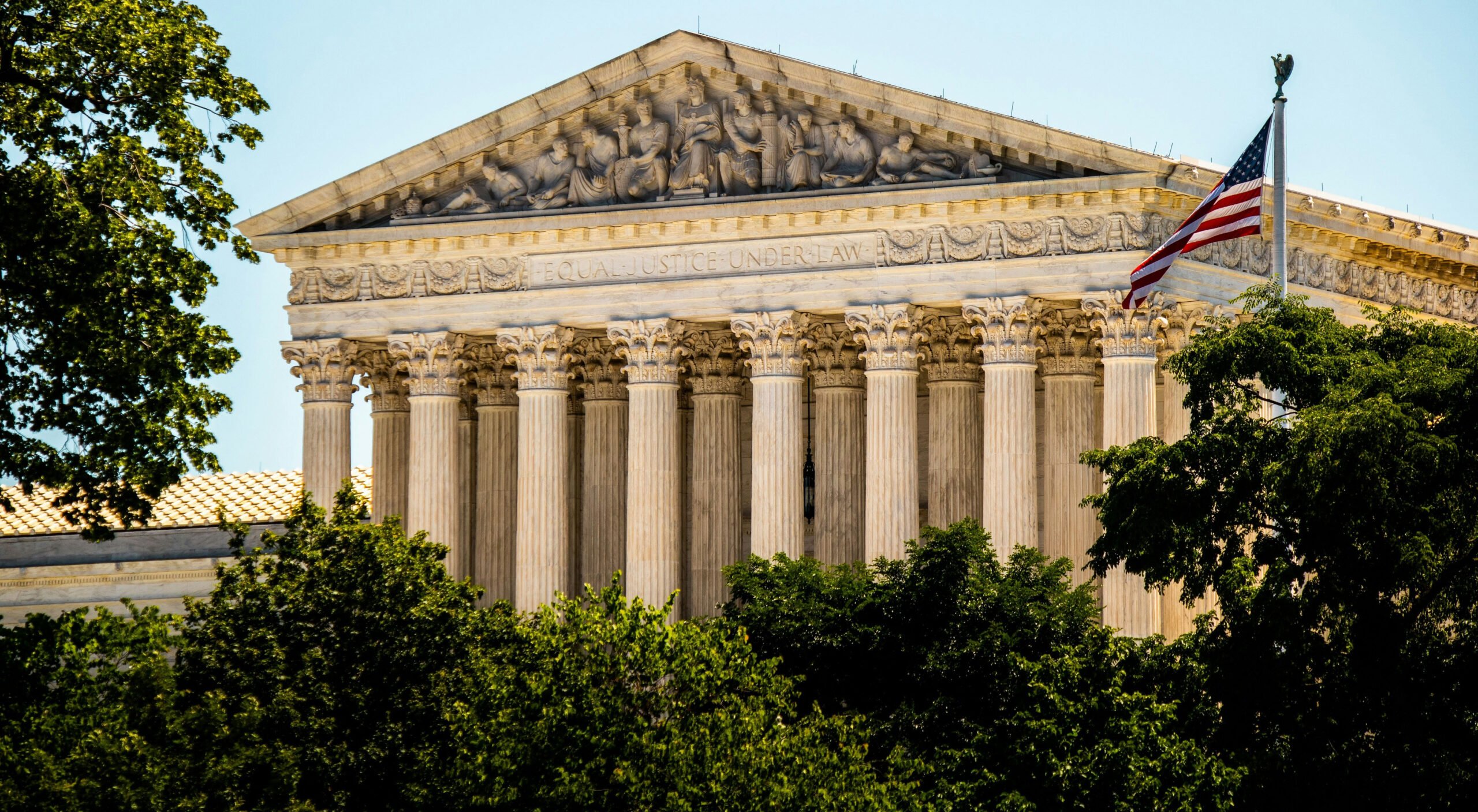FLSA Exemptions Are To Be Established by a Preponderance of the Evidence

On Jan. 15, the Supreme Court of the United States held that the preponderance of the evidence standard — not the clear and convincing standard — applies when an employer seeks to show that an employee is exempt under the Fair Labor Standards Act (FLSA).
The FLSA requires, among other rules, that employees receive at least the federal minimum wage and an overtime premium of 1.5 times their regular hourly rate of pay when they work more than 40 hours in a work week. The FLSA also exempts certain categories of employees from its minimum wage and overtime-pay requirements. The standard exemptions are for executive, administrative, and professional employees. There are also less common exemptions for outside sales, certain computer related occupations, and more.
For nearly all exemptions, the employee’s pay must first meet the salary-basis test, which is currently $684 a week. The computer-related occupation exemption allows for an alternative minimum hourly rate of $27.63. If the salary test is met, the position will be analyzed under the relevant duties basis test. The standard of proof on a duties basis test is what was before the Supreme Court in E.M.D. Sales, Inc., et al., v. Faustino Sanchez Carrera, et al., 604 U.S. (2025).
Several sales representatives had sued E.M.D. Sales, claiming they were not exempt and should have been paid overtime when they worked over 40 hours in a work week. E.M.D. Sales argued the employees fell within the FLSA’s outside sales exemption.
The burden is always on the employer to prove an exemption. Yet how much evidence is necessary to do so? The two standards at issue were “clear and convincing” (a firm belief the fact is true) and “preponderance of the evidence” (more likely it is true).
At first, the District Court concluded that E.M.D. Sales failed to prove by clear and convincing evidence that the sales representatives qualified for the outside sales exemption. On appeal, E.M.D. Sales argued that the District Court should have applied the less stringent preponderance standard. The Fourth Circuit Court of Appeals disagreed, affirming the lower court’s decision. The Supreme Court took up the case to determine what standard applies.
With Justice Kavanaugh delivering the opinion, the Supreme Court unanimously held that the preponderance standard applies when an employer seeks to prove an exemption. It has been the default for civil litigation since the FLSA’s enactment in 1938. The clear and convincing standard will apply only if: (1) a statute establishes a heightened standard; (2) the Constitution requires a heightened standard; or (3) unusual circumstances “when the government seeks to take unusual coercive action” more dramatic than an award of money damages or other conventional relief. The Supreme Court has not otherwise required a heightened standard in civil matters and, even more so, has consistently applied the preponderance standard in Title VII employment discrimination cases. Rejecting the employees’ arguments, the Supreme Court determined that none of the three circumstances allowed for deviation from the preponderance standard applied in E.M.D. Sales.
Takeaways for Employers
Employers now have clarity on their burden of proof when arguing an employee’s position is exempt — they must show it by a preponderance of the evidence. Recall, however, that employers who cannot meet that standard and are found to have breached the FLSA may be liable for damages that can include unpaid overtime, liquidated damages at 1X that amount, attorneys’ fees, and, potentially, more. Additionally, FLSA claims are regularly brought on behalf of a collective of employees, which greatly expands the amount of damages.
To help avoid potential liability, employers should carefully review each exempt employee’s position to determine whether they meet the salary basis and duties basis tests. If they do not meet both, the position should be reclassified as non-exempt and paid accordingly.
Consult with a Taft Employment and Labor Relations attorney with questions about the proper classification of employees under the FLSA and applicable state law.
In This Article
You May Also Like
President Trump Signs Executive Order Revoking Equal Employment Opportunity Important Updates to the H-1B Visa Program